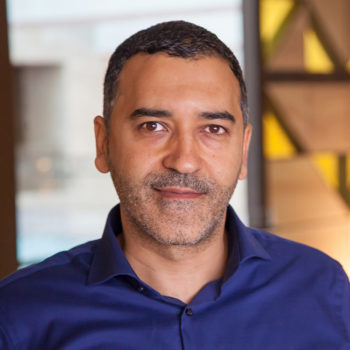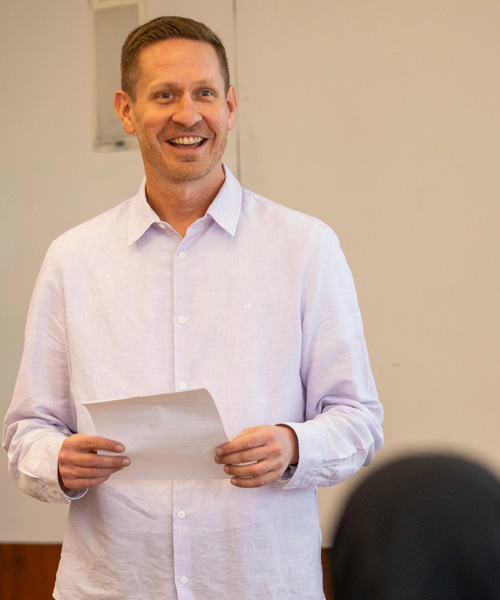Meet the Faculty

Jocelyn Belanger
Associate Teaching Professor, Psychology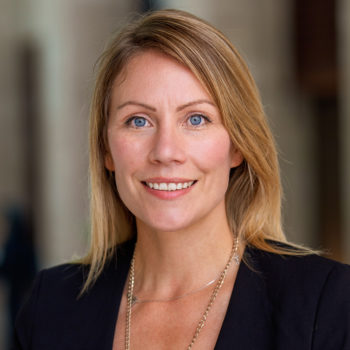
Jennifer Bruder
Associate Dean, ResearchAssociate Teaching Professor, Psychology

Crista Crittenden
Instructor Psychology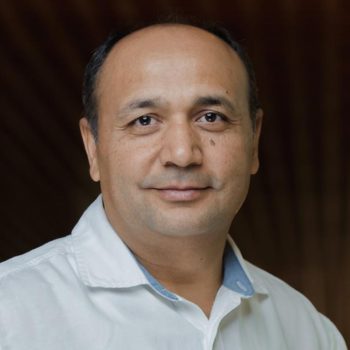
Hasan Demirkoparan
Area Co-Head, Arts and SciencesTeaching Professor, Mathematics
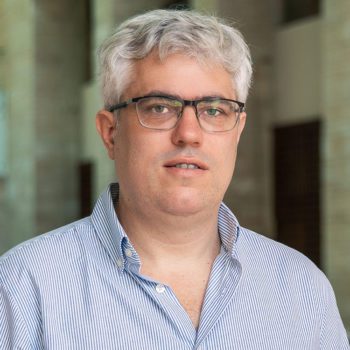
Cristian Dimitriu
Visiting Associate Professor, Philosophy, Arts and Sciences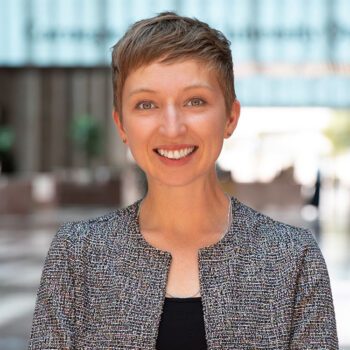
Kira Dreher
Associate Dean, Community Excellence; Assistant Teaching Professor, English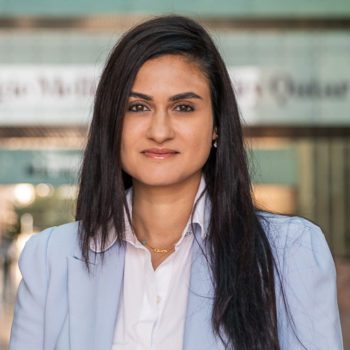
Layan El Hajj
Associate Teaching Professor, Mathematics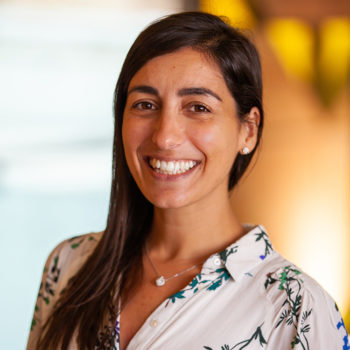
Pia Gomez Laich
Associate Teaching Professor, English
Erik Helin
Special Lecturer, Spanish
Niraj Khare
Associate Teaching Professor, Mathematics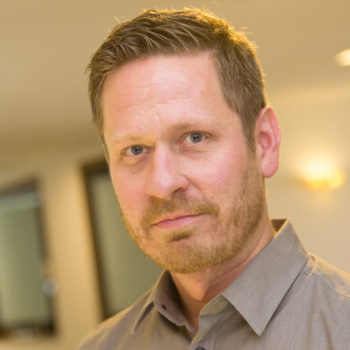
Thomas Mitchell
Associate Teaching Professor, English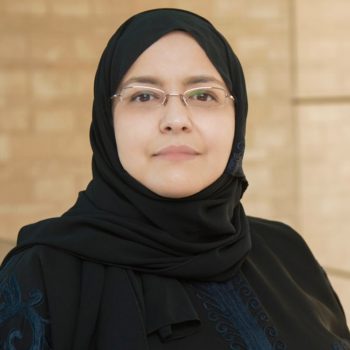
Ezzohra Moufid
Lecturer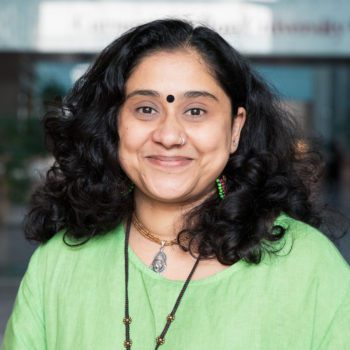
Deepa Nair
Associate Teaching Professor, History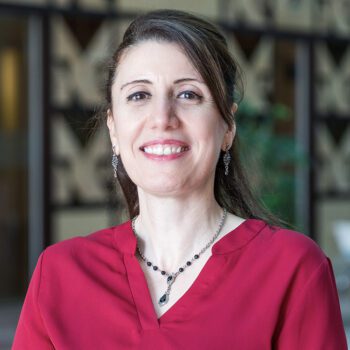
Lama Nassif
Associate Teaching Professor, Arabic Studies
Marion Oliver
Teaching Professor Emeritus
Taeyong Park
Assistant Teaching Professor, Statistics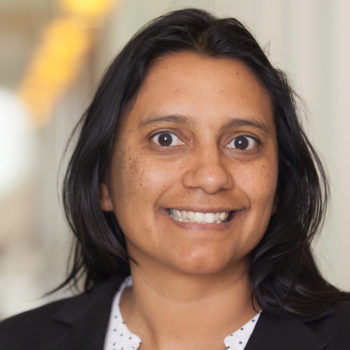
Silvia Pessoa
Area Co-Head, Arts & SciencesTeaching Professor, English
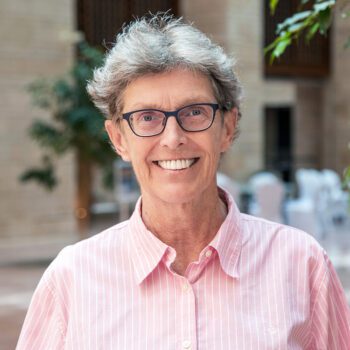
Mary Queen
Visiting Associate Teaching Professor, English
Benjamin James Reilly
Teaching Professor, History
Dudley Reynolds
Senior Associate Dean, EducationFull Teaching Professor, English
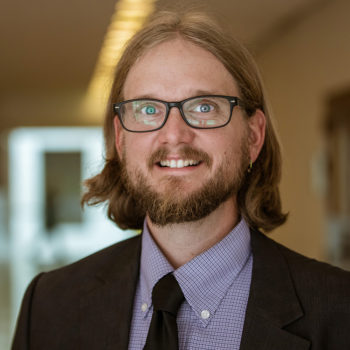
Jeffrey Squires
Associate Teaching Professor, English
Anthony Weston
Associate Teaching Professor of Mathematics, Arts and Sciences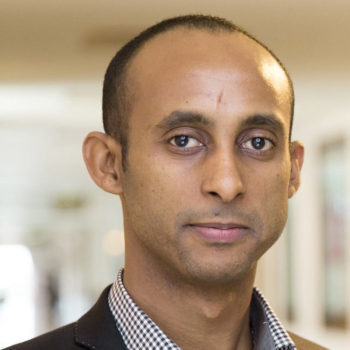
Zelealem Yilma
Associate Teaching Professor, Mathematics